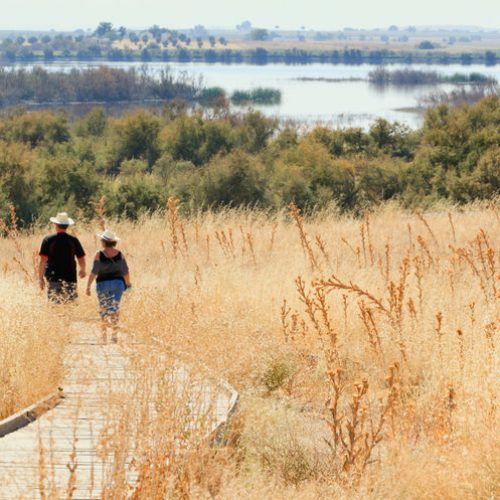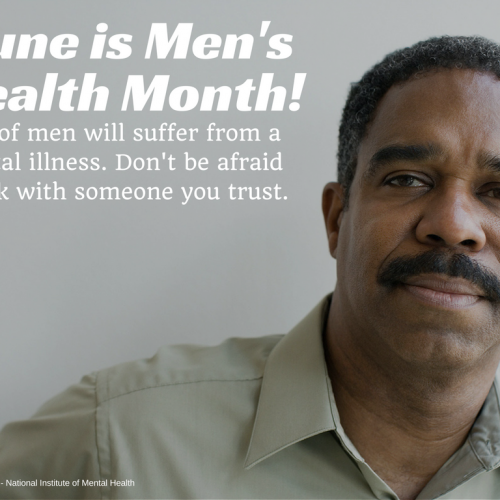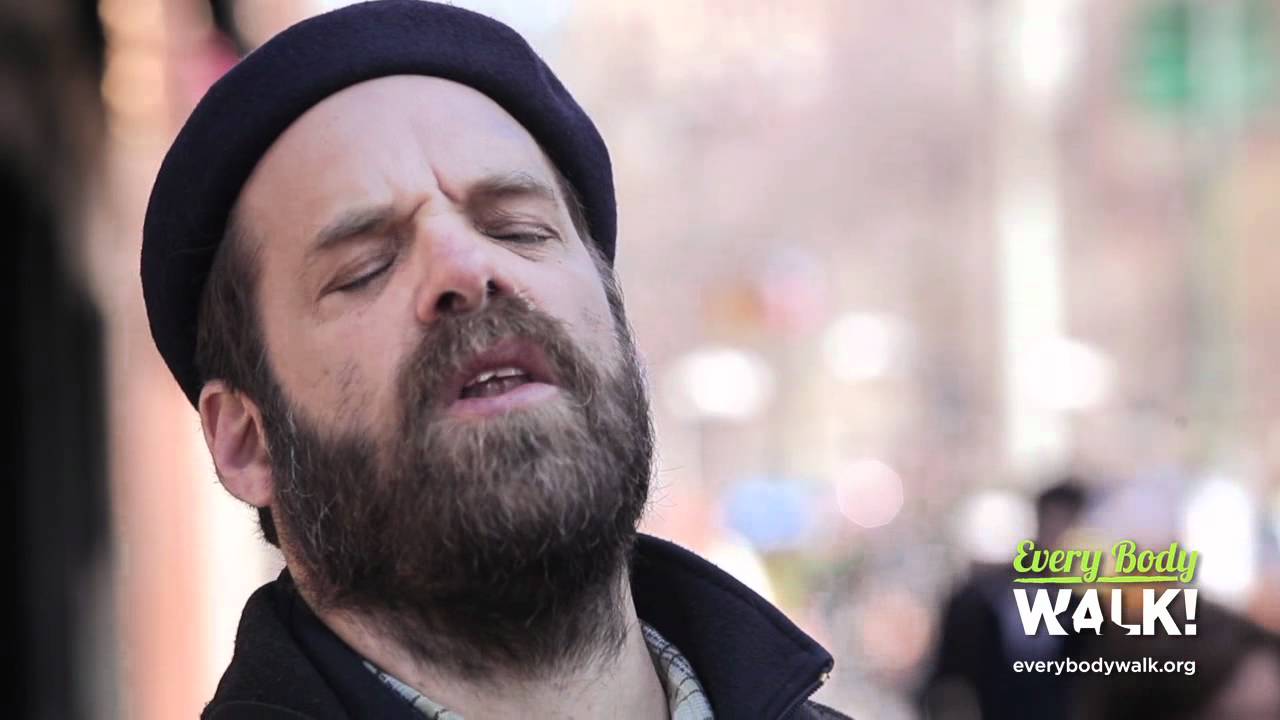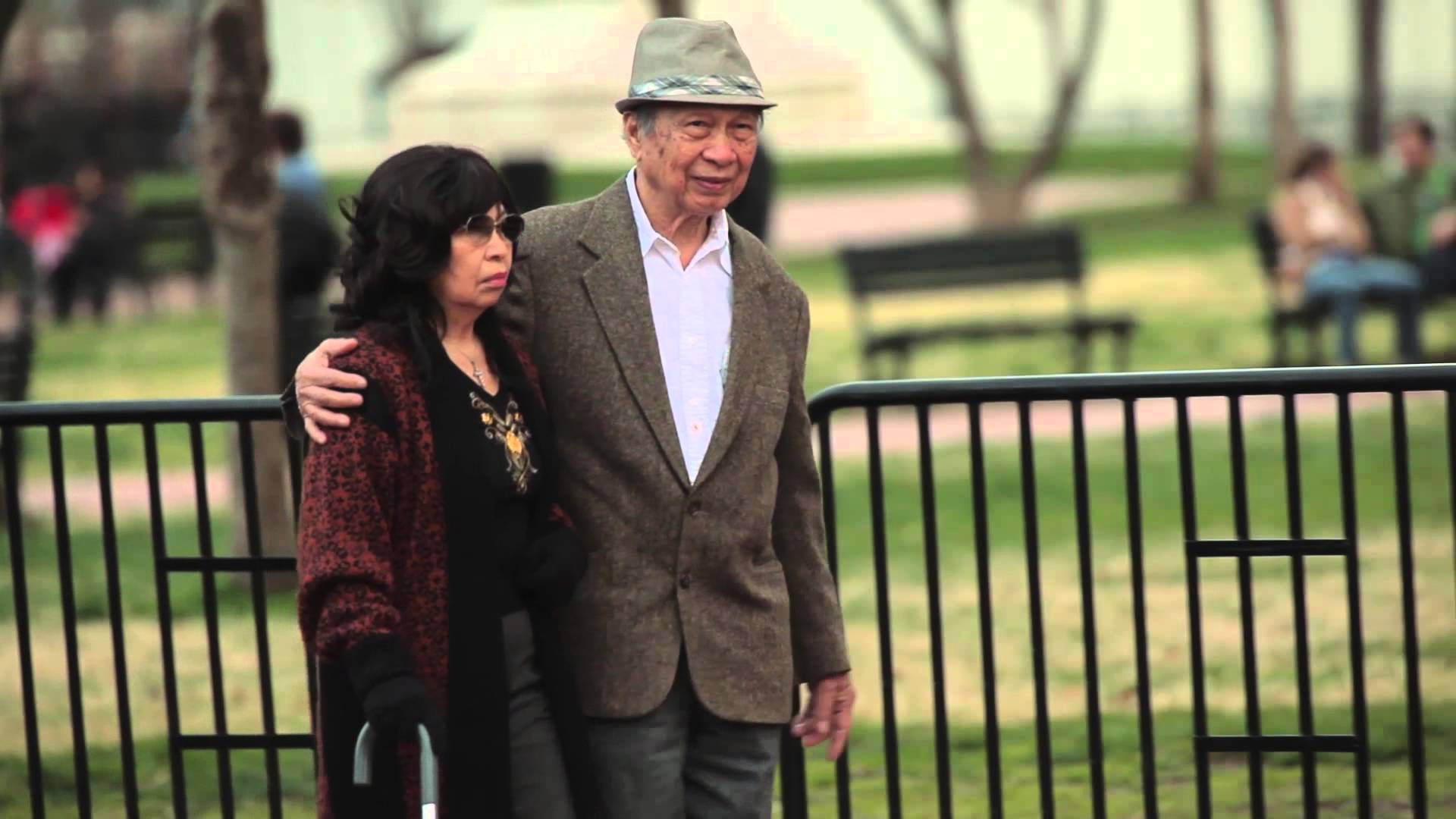Healthy city living is about more than eliminating food deserts and boosting access to healthcare. It also means the ability to safely ride your bike down the street, breathe clean air and not have to choose between paying the rent or buying dinner.
A two-year analysis from Maryland-based de Beaumont Foundation’s CityHealth project sized up the 40 largest U.S. cities by all of these factors and more, and found that more than half aren’t taking the necessary steps to improve the health and well-being of their residents. The study looked at how cities fare across nine policies that help residents live healthier lives, and awarded them bronze, silver or gold medals — or no medal at all — in each of the nine categories, and then gave them a final medal based on those results.
The nine policies assessed:
- Paid sick days
- Universal, high-quality pre-K
- Affordable housing and inclusionary zoning
- Complete streets
- Alcohol sales zoning
- Clean, smoke-free indoor air
- Raising the minimum legal age for the sale of tobacco products to 21
- Food safety and restaurant inspection ratings
- Access to healthy food
Only five cities received an overall gold medal: New York, Chicago, Los Angeles, Boston and Washington, D.C. All five of the gold medal cities have paid sick leave and Vision Zero initiatives, and New York, Boston and Chicago are also part of a network working to bring universal pre-K to more cities around the country.
Another five cities received silver, nine received bronze and 21 did not have strong enough policies to receive a medal at all. The other medal results are:
Silver Medalists
Philadelphia, Pa.
Sacramento, Calif.
San Diego, Calif.
San Francisco, Calif.
San Jose, Calif.
Bronze Medalists
Atlanta, Ga.
Baltimore, Md.
Charlotte, N.C.
Denver, Colo.
Fresno, Calif.
Houston, Texas
Kansas City, Mo.
Long Beach, Calif.
Seattle, Wash.
Of the 21 cities deemed not worthy of a medal, Texas is the mostly highly represented state, with Dallas, Austin, San Antonio and several others all missing out. While most of the medal-less cities aren’t particularly surprising (including Jacksonville and Memphis, which both recently ranked among the most dangerous cities for pedestrians in the U.S.), at least one city with a generally healthy rep made the list: Portland, Oregon. CityHealth will be reassessing the cities in three years.
“Policy is a powerful lever for leaders looking to make a difference in people’s well-being and make their cities great places to live,” said Shelley Hearne, CityHealth’s principal investigator, in a statement. “We congratulate cities that have seized opportunities to lift all neighborhoods, and look forward to working together to enhance policy areas like paid sick days and public safety by regulating the density of alcohol retail outlets.”
Resource: Next City
February 15, 2017
By Kelsey E. Thomas
https://nextcity.org/daily/entry/healthiest-cities-us-2017











